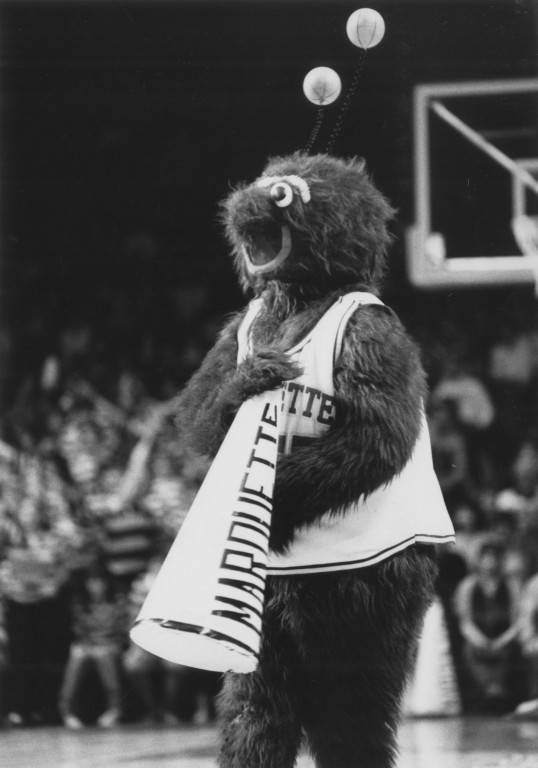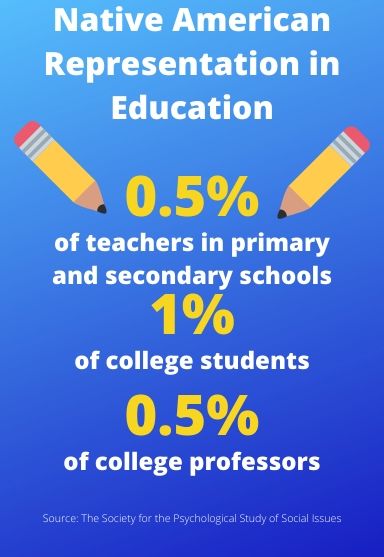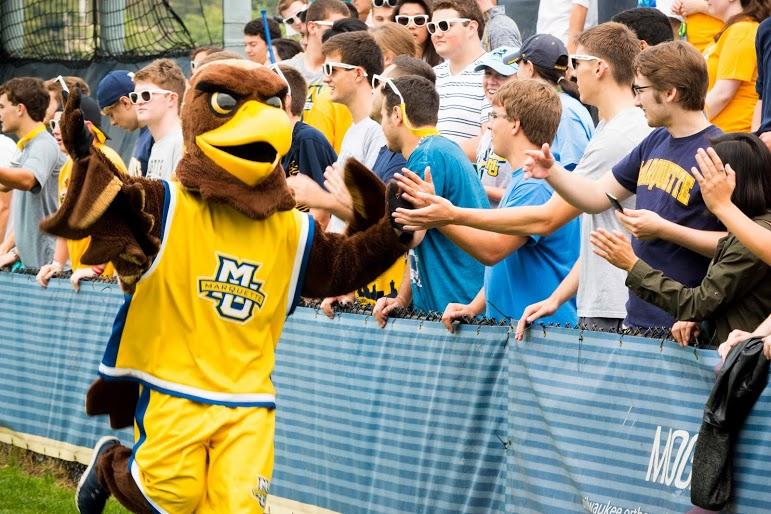
The Wisconsin State Assembly is expected to vote on a bill Tuesday afternoon that would make it more difficult for the state government to force school districts to remove Native American mascots and logos for their sports teams.
The law would shift the burden of proof from the school districts to those filing complaints and also void rulings against certain school districts that ordered them to drop their Native American team names.
The current law, Act 250, which was adopted in 2010 when Democrats had control of the state government, allows people to file complaints with the state Department of Public Instruction, which leads to hearings. If a hearing occurs now, the school district is forced to prove that its mascots, team names and logos do not promote discrimination, stereotyping or pupil harassment.
Act 250 caused three districts to change their team names and logos. One of the school districts that would have the rulings against it voided, the Mukwonago Area School District, continues to fight against these restrictions despite the risk of daily fines of $100 to $1,000 if the school district does not comply.
Shawn McNulty, superintendent of the Mukwonago Area School District, said he thinks this system doesn’t give his school district a fair opportunity to defend itself.
“Contrary to the entire American legal system, Act 250 established a process where schools are presumed to be guilty and must go to Madison to demonstrate that they are innocent,” McNulty said in an email. “Yet when we attempted to introduce evidence to prove our innocence at the hearing, we were not allowed to do so by the Department of Public Information official that heard our case.”
McNulty said his school district spent $20,000 on the August 2010 case that he said the district “never had a chance of winning.” McNulty said this predicament is hard to explain to members of the district.
“We have a hard time explaining to our students and residents the fairness of a law that eliminates our use of the Indian nickname and logo, but other high schools in our own county and throughout the state are allowed to continue their use,” McNulty said.
The bill, which is sponsored by Rep. Stephen Nass (R–Whitewater), Rep. Dave Craig (R-Big Bend) and Sen. Mary Lazich (R-New Berlin), would require complaints to prove discrimination. It would also shift the hearings from being conducted by the Department of Public Instruction to the Department of Administration.
The proposal would also allow schools to avoid complaints if there is an agreement in place with a historical tribe of Wisconsin, permitting the school to use the Native-American name or logo.
Mark Denning, a Native American and Marquette alumnus, played the Marquette Warrior mascot from 1980 to 1983. Denning said he dealt with boos and racial slurs by fans who preferred the previous mascot, “Willie Wampum,” which featured a Native American head mask and ax.
“I had to represent 15,000 students and 500 tribes,” Denning said during a 2004 panel on the possibility of changing Marquette’s mascot back to Warriors. “It was a difficult time for me.”
Denning also testified against the newly proposed law earlier this month, claiming Native-American mascots are disrespectful to his culture.
“Having race-based mascots and logos is wrong,” he said in Madison Oct. 3.
McNulty disagreed about the level of respect and said Mukwonago, which means “Home of the Bear,” in Potowatomi, uses the Native-American nickname with dignity.
“We work with our students to ensure that students understand the history, culture and sovereignty of the American Indians in our area,” McNulty said. “We’re hoping that this bill will lay the groundwork for future discussions between the District and the tribes that will improve our education efforts and allow us to keep this important piece of Mukwonago history.”
The issue of Native American mascots and logos is also receiving national attention from recent claims that the NFL’s Washington Redskins’ name and logo are offensive to Native Americans. Redskins’ owner Dan Snyder stated he is opposed to changing the name.




